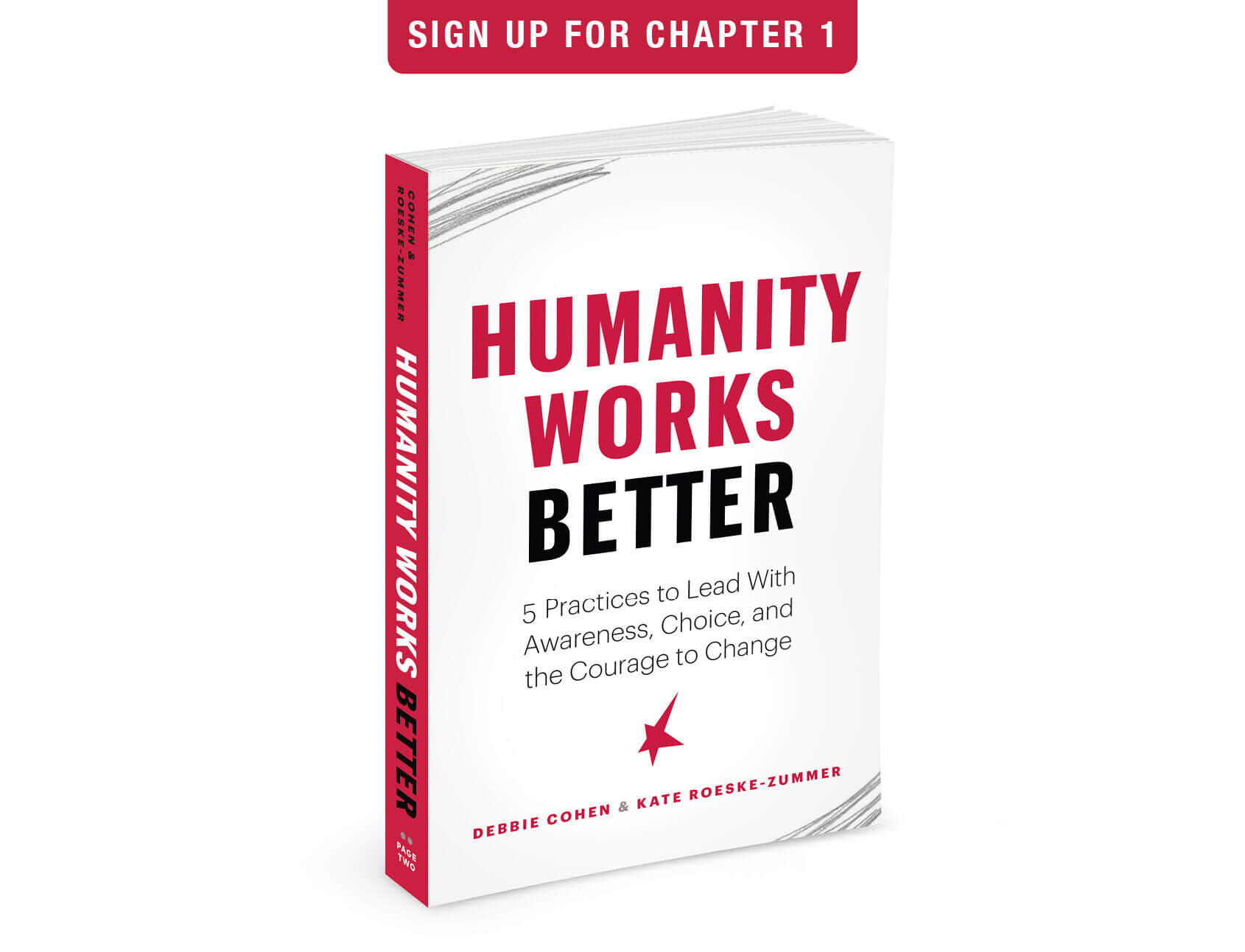This is the magic of daring not to know – it ignites participation.
You do not have to know everything! In fact, it is impossible.
Yet so much of corporate and organizational life has you pretending that you know things when you do not. You are at best using logic and at worst fearful to decide at all. In some respects, you have to proceed without knowing, to stretch yourself into learning. Most people are promoted into jobs, stretching into roles they have never done before, shadowed by the ever-present imposter syndrome. Imposter syndrome can be defined as “feelings of inadequacy that persist despite evident success.” When you are young, you need to prove your know-how. As you progress in your career, and as you begin to acquire a team, things change. The problems are undoubtedly more complex, and engagement becomes a greater concern. How do you engage the people around you without feeling less-than? By daring not to know.
Many folks will push back on this, saying, “I need to, at minimum, look like I know what is going on, or we might be getting into the realm of ineffectiveness.” But this is where the magic of daring not to know comes in. When you are working with other people, this practice ignites participation. Surprisingly, it does the opposite of what you might expect: you may fear it will make you look ineffective or, worse, inept, but instead it creates a safe place for people to be courageous. You lead the way by letting go, and space opens up for others to offer what they know.
A leader who dares not to know turns the limited idea – that you need to know everything – into the liberating concept that you need to mine the people around you for what they know and see. Be curious.
Create space for others, appreciating that they will know more than you about some topics. Below are some examples we recently found in an article by David Livermore, on how to reframe questions and comments so that leaders are boosting honesty, not limiting it:
Instead of asking: “Are we missing anything?”
Try: “What are we missing?”
The first question may cause a team member to think, “No one else has brought this up so I don’t want to be the one to say it”. The second question assumes “you have insights we’ve overlooked and need to hear”.
Instead of asking: “Does anyone have any questions?”
Try: “This is confusing. I’m sure there are plenty of questions. Now is a great time to ask them.”
This messaging shows that questions are expected and encouraged.
Instead of asking: “Are you facing any challenges?”
Try: “We just finished a tough quarter. Everyone is facing significant challenges. I want to hear about yours.”
Reframing questions like this creates an expectation that challenges are inevitable and expected, not unique to the individual.
It takes courage to know that things will improve when more ideas are included, then representation is broad and diverse perspectives are heard. When you can confidently stand in a place of daring not to know, you invite others into the conversation. You lead the way.
Humanity works because of you!
Kate and Debbie

